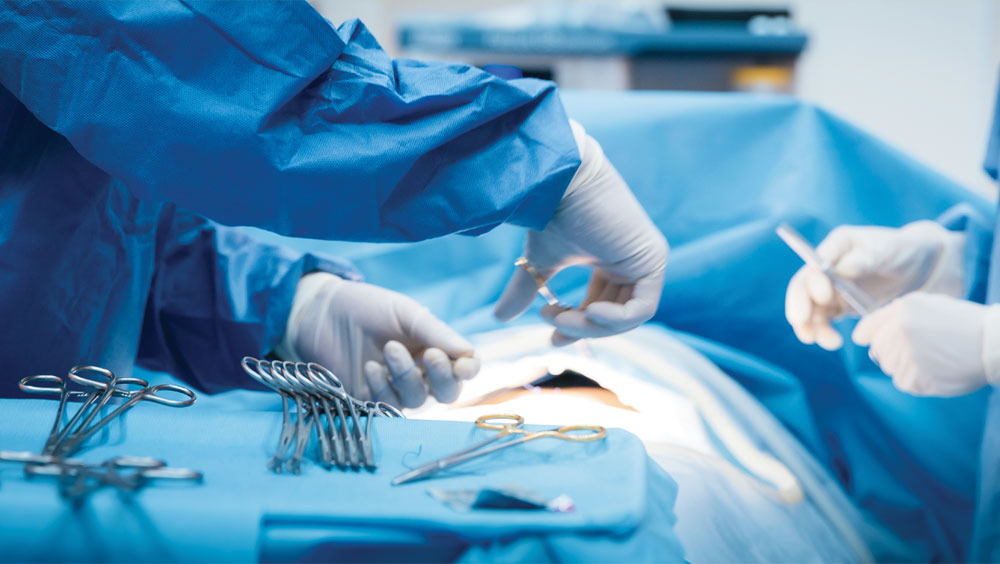If you're wondering, 'What does a general surgeon do?', you're not alone. General surgeons play a crucial role in modern medicine, focusing on surgical procedures involving various areas of the body. They are highly trained professionals capable of diagnosing and managing a wide range of conditions, some of which require lifesaving surgical intervention. In this article, we’ll explore the different types of work general surgeons perform and why their expertise is essential in healthcare.
Diagnosing Surgical Conditions
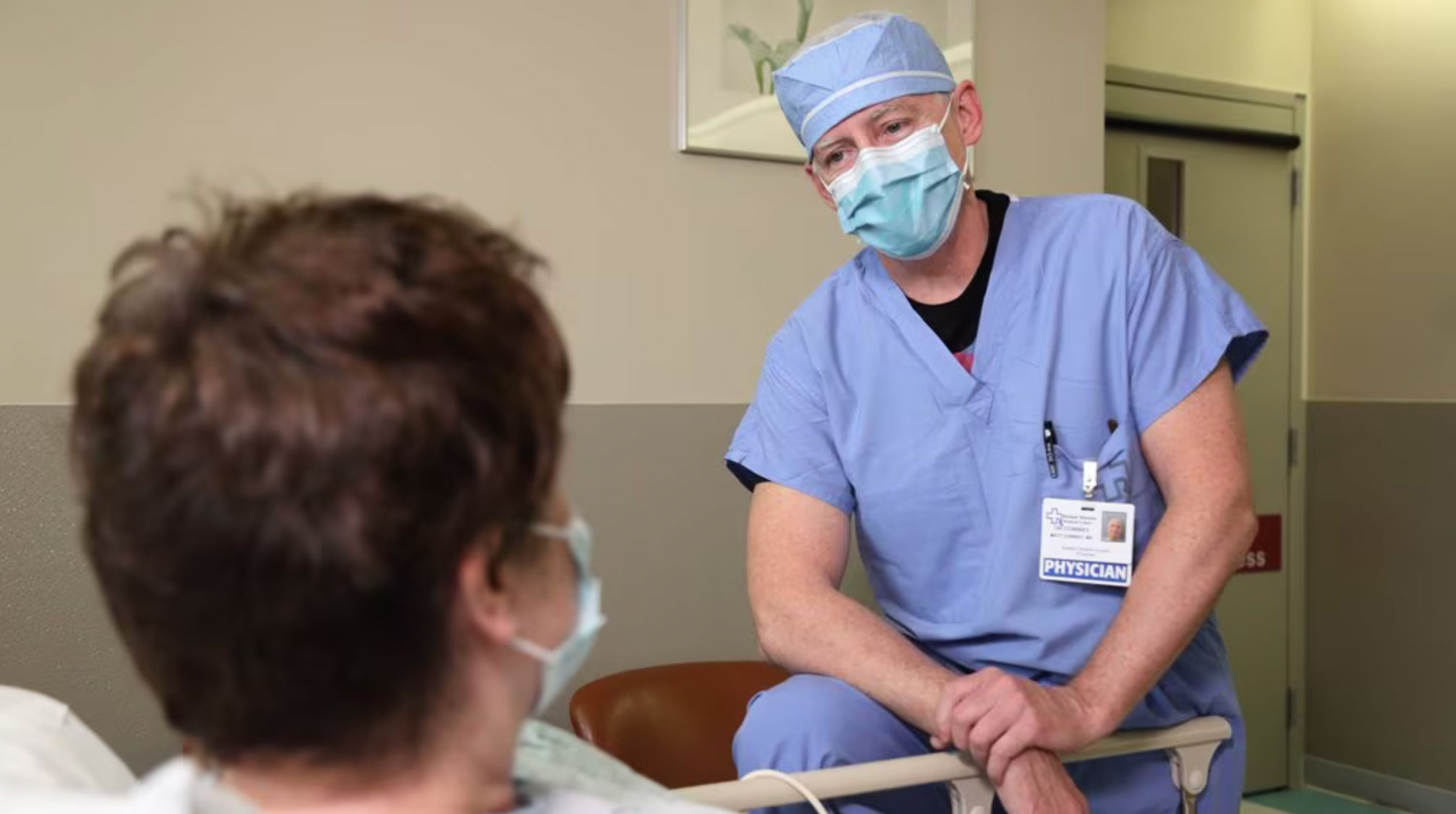
One of the first responsibilities of a general surgeon is diagnosing conditions that may require surgical intervention. These can include diseases affecting the digestive tract, endocrine system, and even skin and soft tissues. General surgeons evaluate patients through physical exams, diagnostic imaging, and lab tests to determine if surgery is necessary. Understanding what a general surgeon does begins with this critical diagnostic process.
Performing Preoperative Evaluations

Before any surgical procedure, general surgeons conduct thorough preoperative evaluations. These evaluations assess a patient's fitness for surgery and help plan the procedure for optimal outcomes. Surgeons analyze medical history, order blood work, and may collaborate with other specialists. This detailed work ensures the patient is in the best condition to undergo surgery safely and successfully.
Operating on a Variety of Body Systems
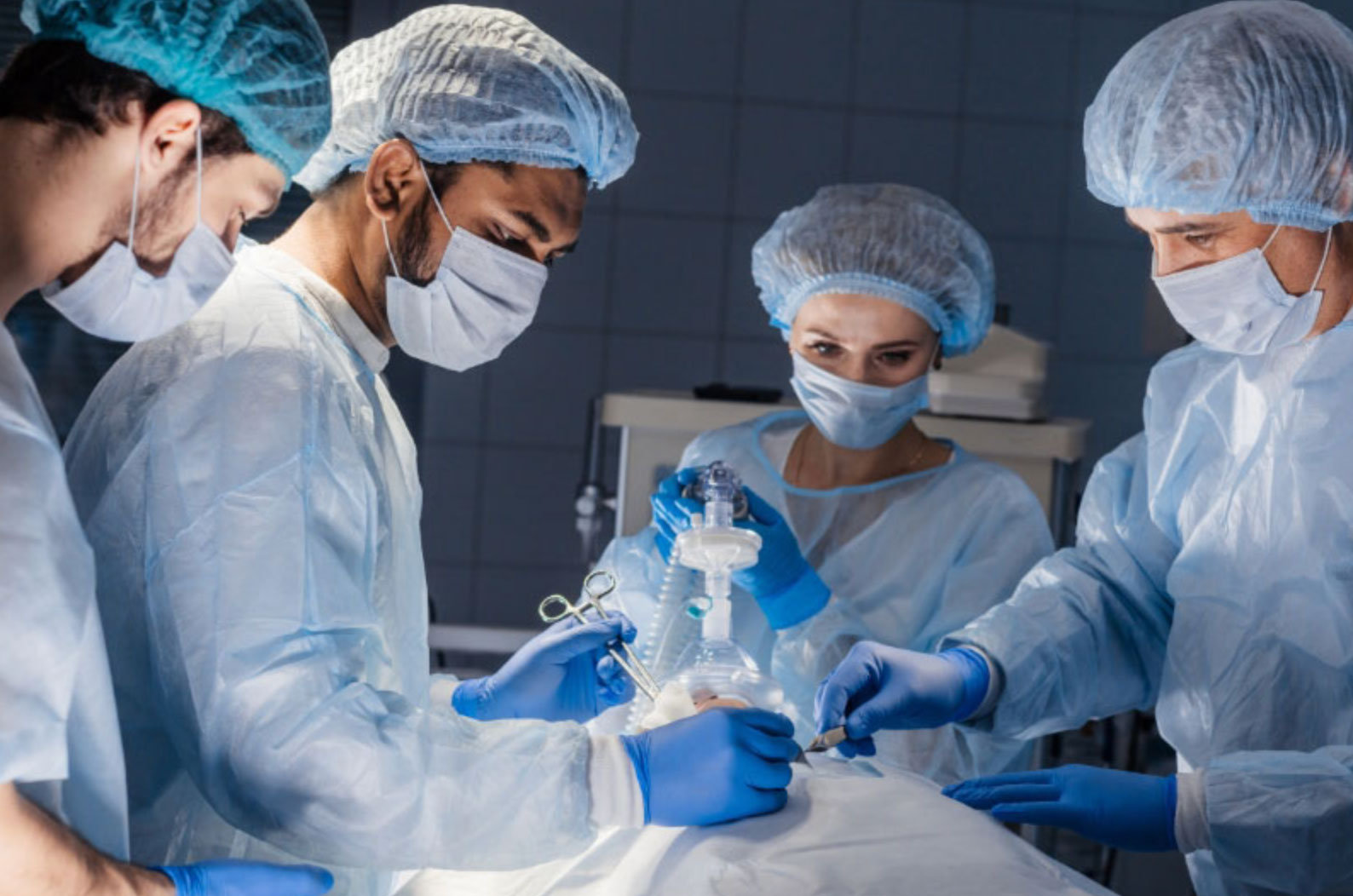
General surgeons are trained to perform surgery on many parts of the body, particularly within the abdominal cavity. This includes procedures involving the stomach, intestines, gallbladder, liver, and appendix. Their versatility allows them to respond to a wide range of surgical needs, from routine procedures to emergency life-saving operations. This scope of work illustrates just how critical a general surgeon can be.
Handling Emergency Surgeries
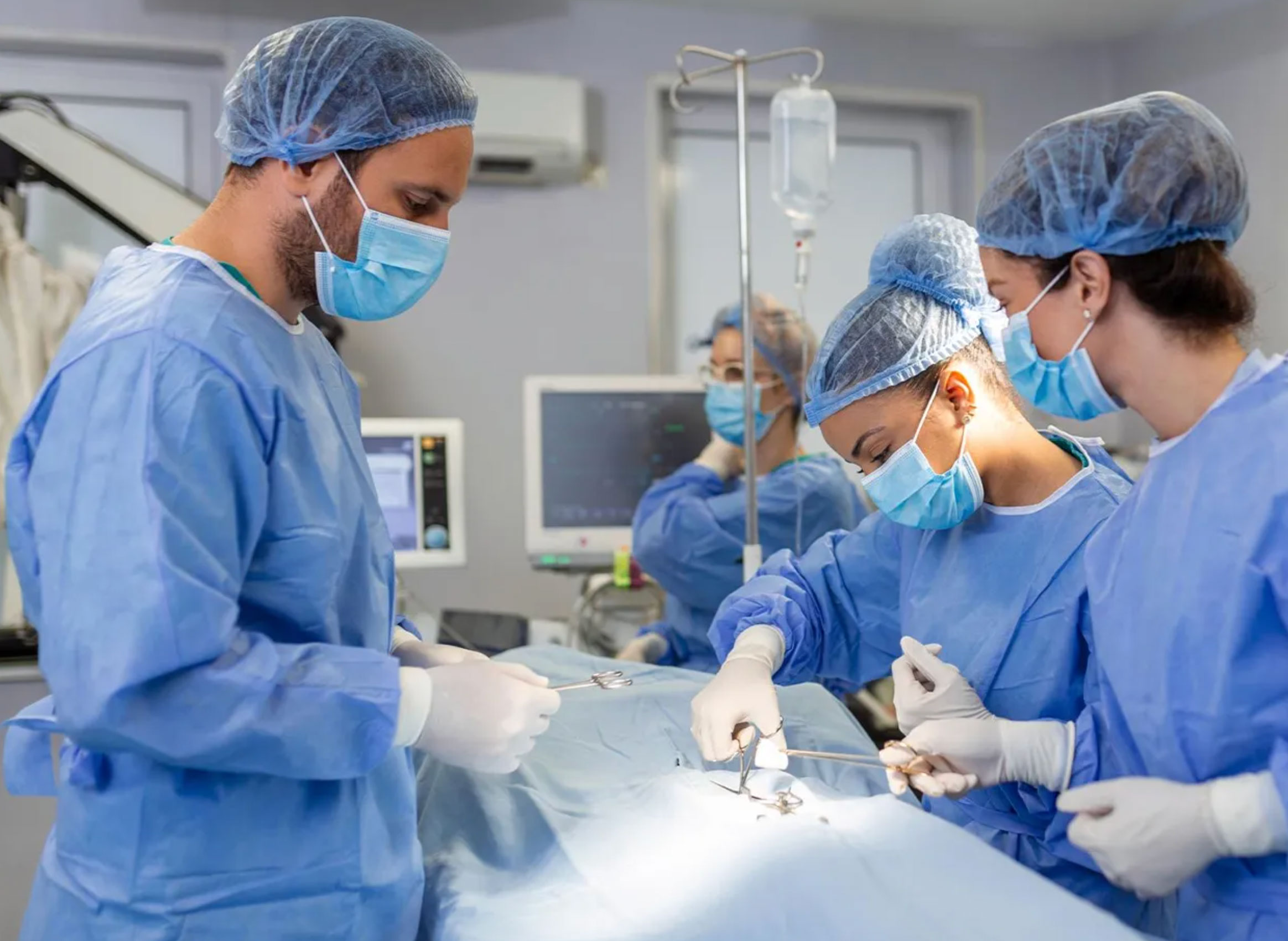
Emergency surgeries are a significant part of what general surgeons do. Conditions such as appendicitis, perforated ulcers, and traumatic injuries often require immediate surgical attention. General surgeons are often on-call for these emergencies, using their skills to stabilize patients and prevent further complications. Their ability to perform under pressure is crucial to saving lives.
Postoperative Care and Monitoring
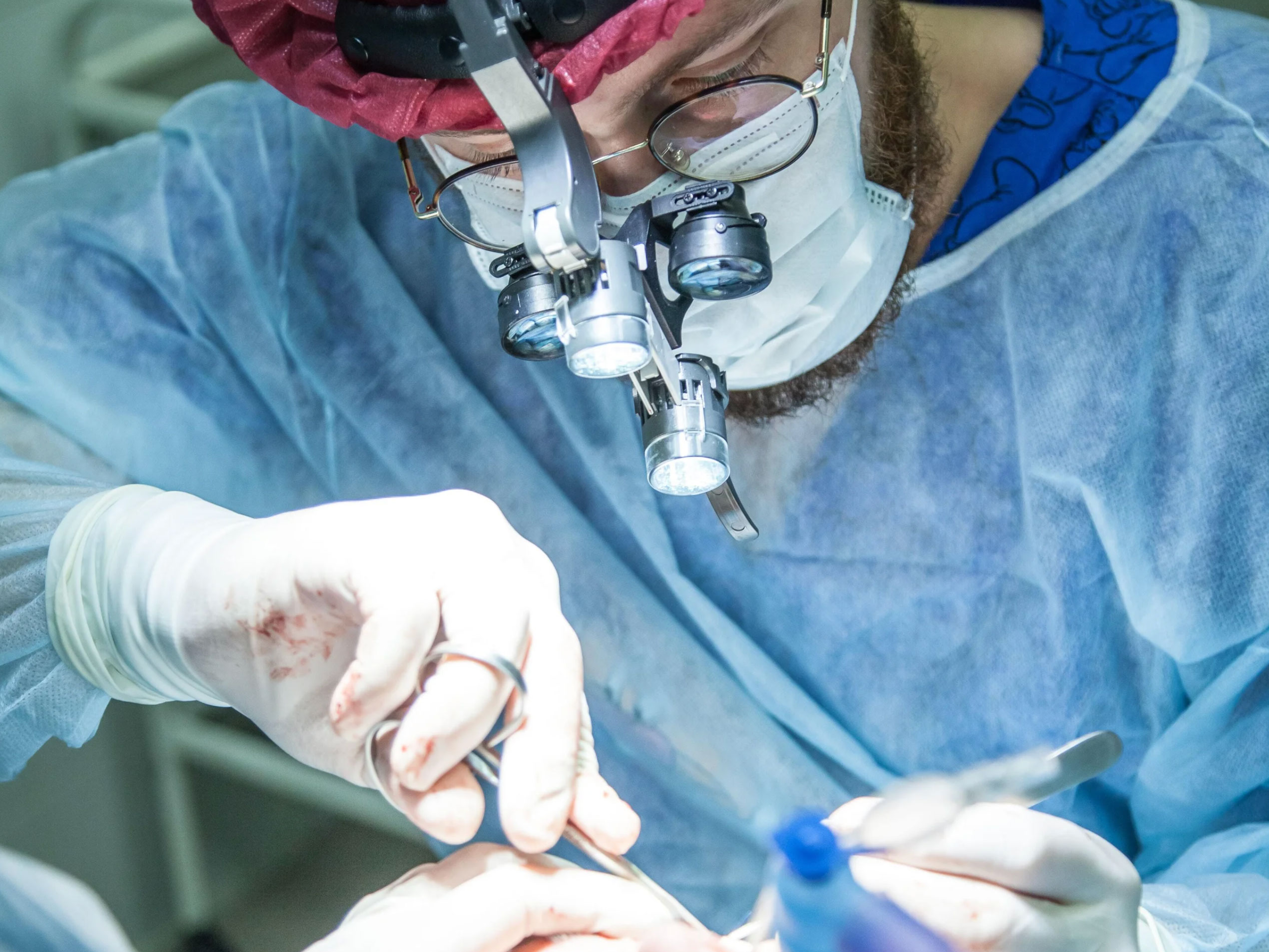
After completing surgical procedures, general surgeons play a vital role in postoperative care. This includes pain management, monitoring for complications, and guiding recovery. They ensure that healing is progressing appropriately and make any necessary interventions to address postoperative concerns. Understanding what a general surgeon does involves appreciating their involvement beyond the operating room.
Collaboration With Other Specialists

General surgeons often work in collaboration with other medical specialists such as radiologists, oncologists, and internists. When dealing with complex cases, teamwork ensures that patients receive comprehensive care. Whether diagnosing a disease or developing a treatment protocol, cooperation across specialties enhances patient outcomes and reflects the multifaceted nature of a general surgeon’s role.
Patient Education and Communication
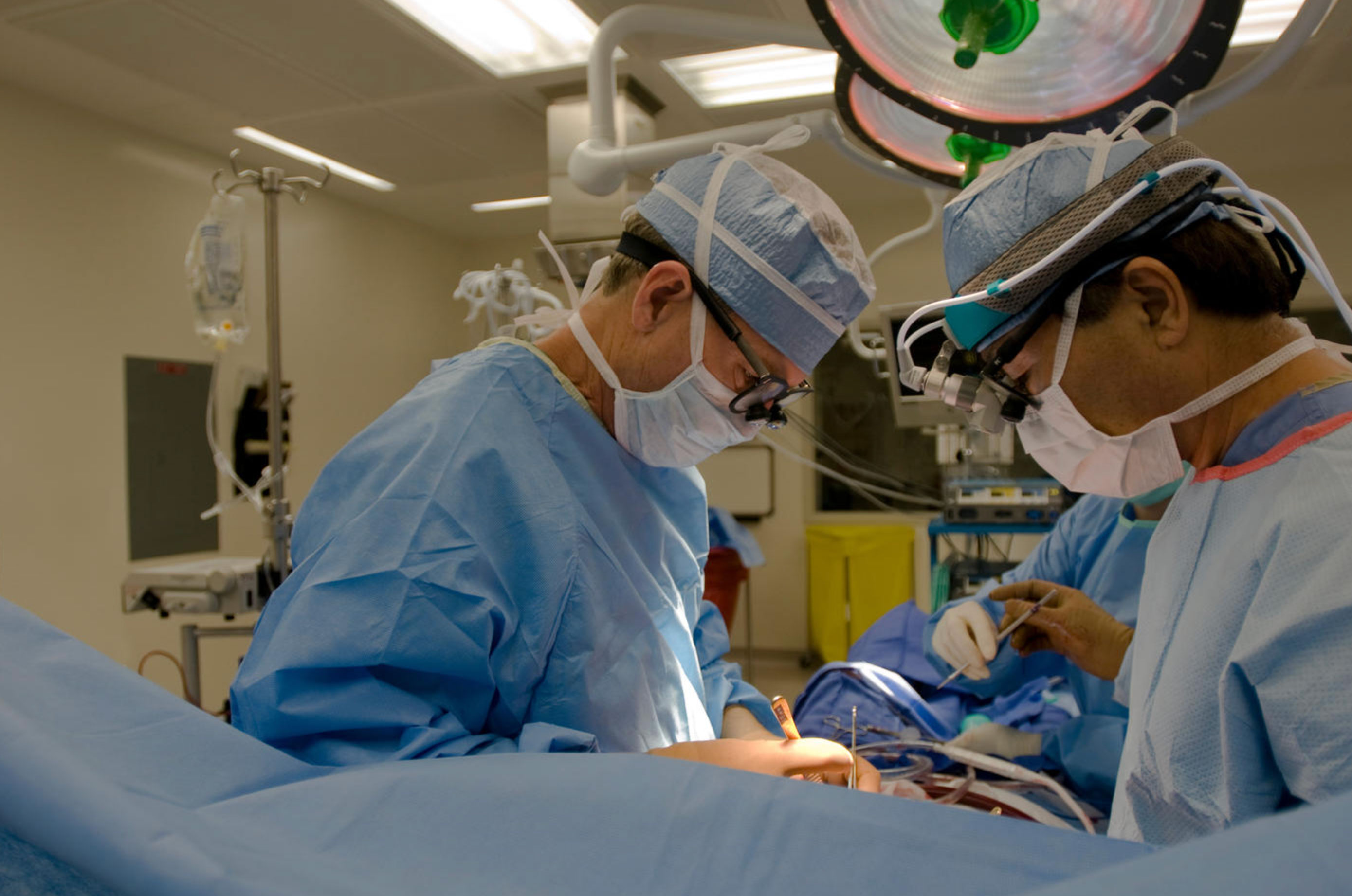
Clear communication is another vital aspect of what general surgeons do. They explain surgical procedures, risks, and recovery processes to patients and their families. Educating patients empowers them to make informed health decisions and plays a role in better treatment adherence. Surgeons also serve as emotional support figures, helping patients navigate the stress of undergoing surgery.
Performing Minimally Invasive Procedures
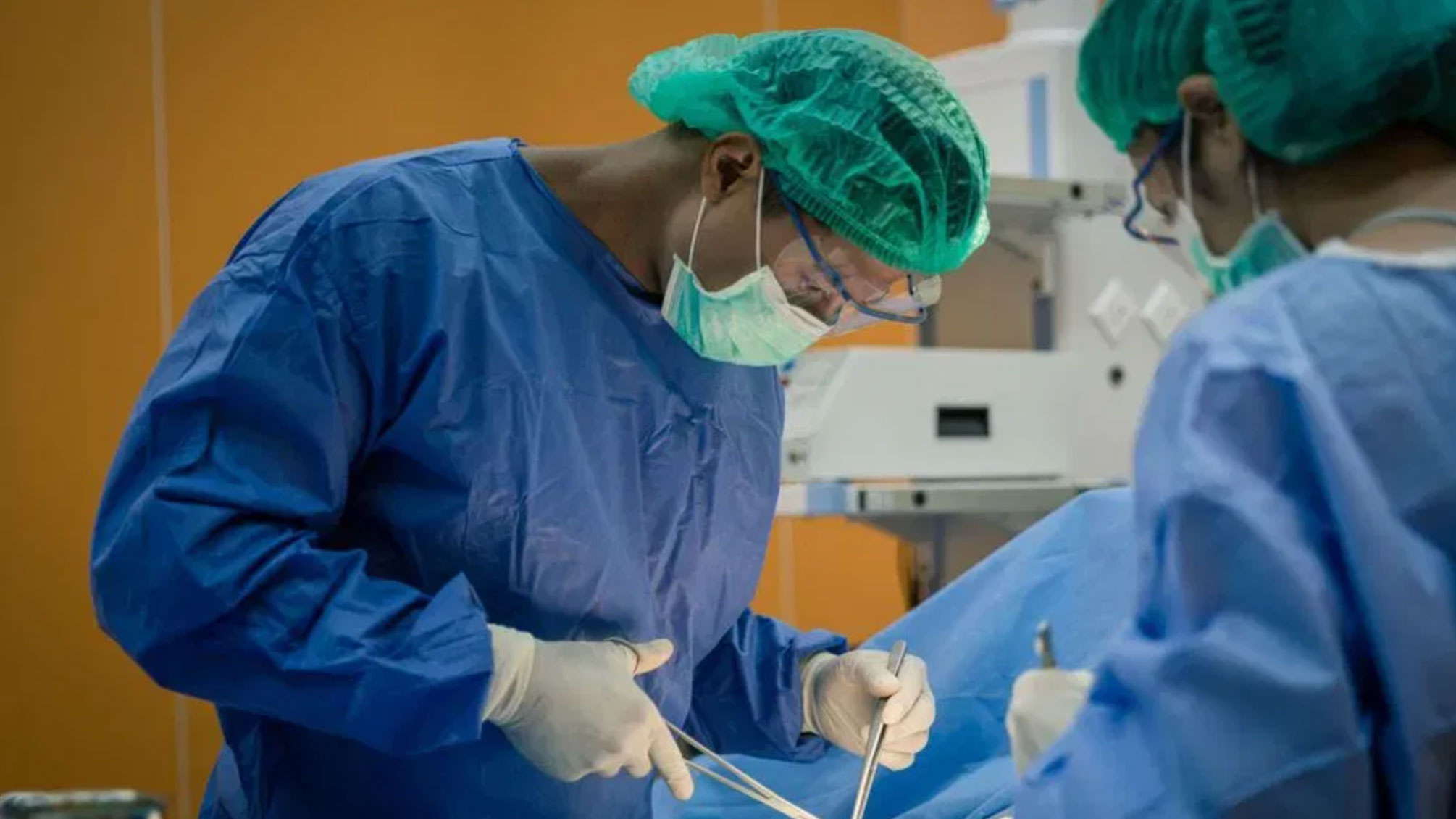
With advancements in medical technology, many general surgeons now perform minimally invasive surgeries such as laparoscopic procedures. These techniques involve smaller incisions, reduced pain, and faster recovery times for patients. The adoption of these methods showcases how general surgeons are continually expanding their skills to offer better care with fewer complications.
Contributing to Medical Research and Teaching
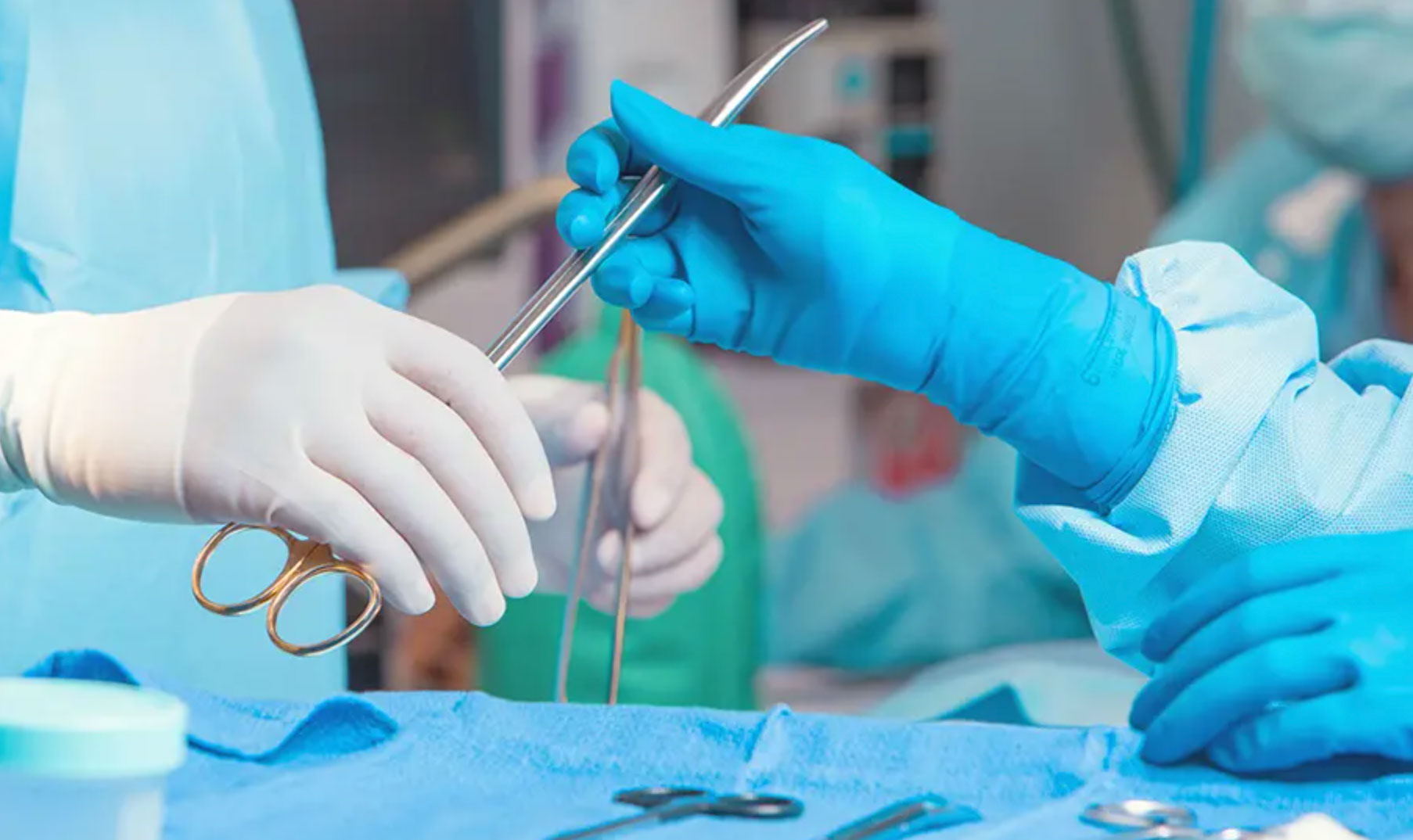
Beyond clinical duties, many general surgeons also engage in medical research, publication, and training new healthcare professionals. By staying at the forefront of surgical innovation, they improve current practices and protocols. What a general surgeon does extends to influencing the future of medical and surgical education, ensuring high standards of patient care continue.
So, what does a general surgeon do? From diagnosing conditions to performing complex operations and managing post-surgery recovery, general surgeons are essential healthcare providers. Their broad scope of work, adaptability, and dedication to patient wellness make them key players in any hospital’s medical team. Whether in emergency rooms or operating theaters, their work saves lives and improves the quality of care for countless individuals every day.

